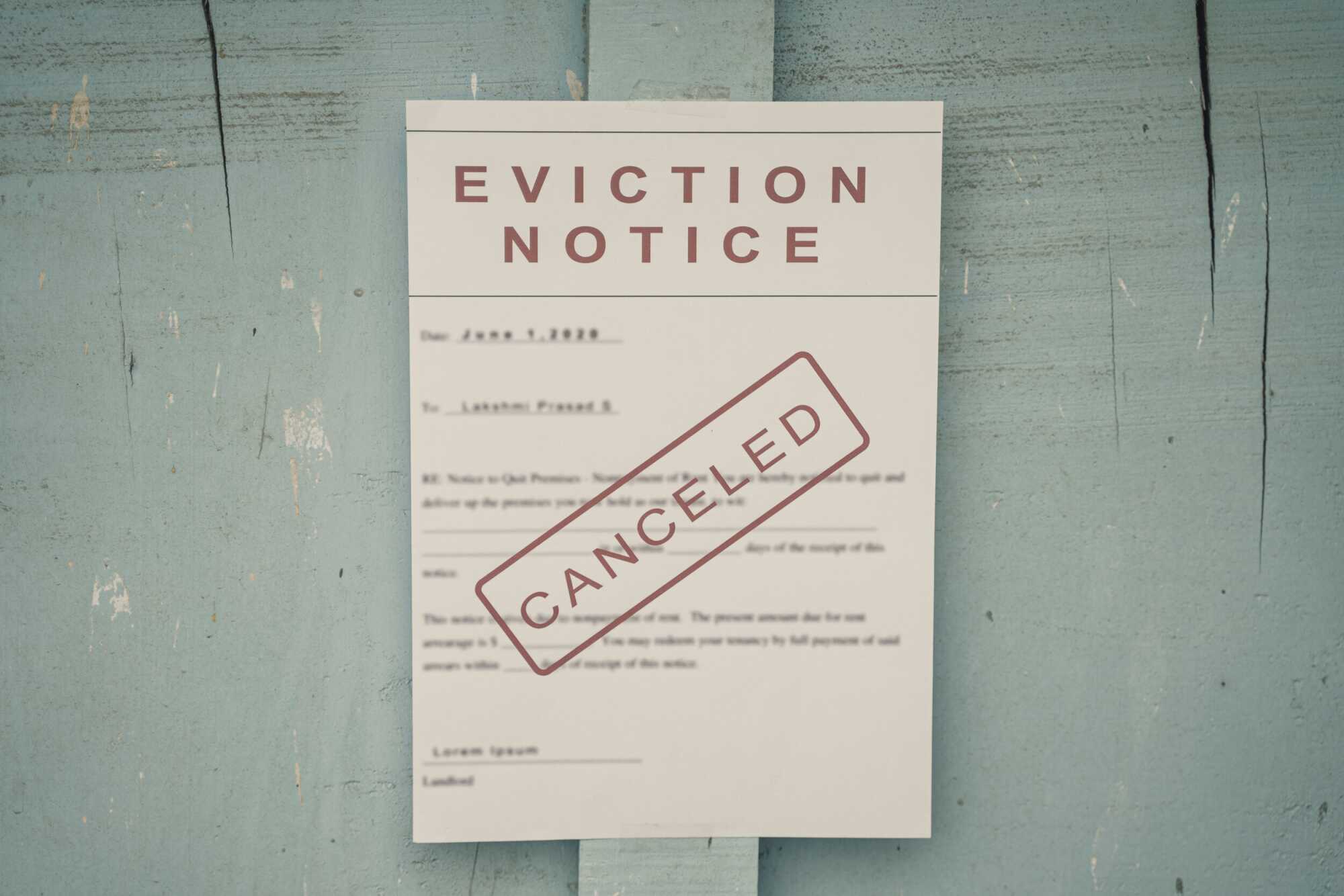Stay on possession actions extended to 20 September 2020 at last minute
11th September 2020
Get in touch today
Call 01435 897297
Email info@kdllaw.com
11th September 2020

The stay on all existing and new possession actions that has been in place since March 2020 due to the Coronavirus pandemic was due to be lifted yesterday, as we reported earlier this month.
However, in what is the epitome of an eleventh hour U-turn by the government, on Saturday 22 August 2020 the Housing Secretary, Robert Jenrick MP, made a statement confirming that the ban is to be extended for another 4 weeks until 20 September 2020. This will mean that, in total, no legal evictions will have taken place for 6 months.
New, even longer notice periods
Mr Jenrick also announced that the government intends to provide further protection for tenants over the winter by requiring landlords to provide tenants with 6 months’ notice to vacate for all applicable tenancies, save for those cases raising other serious issues such as anti-social behaviour and domestic abuse perpetrators. It is proposed this new 6 month notice period will carry on until at least the end of March 2021. We will report further on this once the new changes have been finalised.
Mr Jenrick has said that the government will keep these measures under review so we should perhaps expect further changes over the autumn and winter periods.
What happens when the Court suspension is finally lifted?
His statement also went on to say that, when the courts do resume conducting possession hearings, they will “prioritise the most egregious cases” with an emphasis on anti-social behaviour and other crimes, as well as where landlords have not received rent for over a year and would otherwise face unmanageable debts.
As a landlord with a 3 months plus rent arrears and with the potential to wait another 6 - 9 months, and potentially longer depending on how quickly the courts are able to progress the backlog of matters, before the non paying tenant might be removed, we are unsure what solace that prioritisation announcement will have.
The government quote an independent polling for the National Residential Landlords Association (here) which recently found that “87% of private tenants have paid their rent as normal throughout the pandemic so far. An additional 8% said that they had agreed a reduced rent, a rent-free period or made some other agreement with their landlord or letting agent.” The survey states that “just over three per cent of tenants are building arrears and are unable or unwilling to repay these.”
The extension of the suspension does not apply to claims against trespassers.
What about notices already served?
Following this announcement, we await confirmation of:
what the position is in respect of those 3 month notices already served and running, and whether those notices are to be affected by the planned change requiring 6 months’ notice to be served on any tenant (we expect not but await confirmation);
whether section 21 Housing Act 1988 notices served in March/April 2020 will need to be re-served given the “use it or lose it” rule that now applies to those notices requiring possession proceedings to be issued within 6 months of the service of the notice;
whether notices served now, quickly following the above announcement and prior to the formalisation of the requirement to give a minimum of 6 months’ notice, will be valid;
what criteria the government will set for the courts in prioritising possession action where the tenant is in arrears for say 6 - 11 months (less than the referred to “year”) providing the private landlord with a considerable and potentially critical debt.
So, what happens next?
The changes to Part 55 CPR (the rules that govern the way courts process possession actions) have already been made confirming that possession action can now only proceed on or after 21 September 2020 (here).
This will necessarily be a “watch this space” position and we should perhaps expect further changes as the whole situation around the pandemic evolves. With numbers of new COVID-19 cases rising in parts of Europe and the fear of a second wave of the virus over the winter period, it would be foolish to think that this will be the last change made in housing law. It is, after all, very much a political hot potato.
Should you have any questions in relation to the above, then please do not hesitate to contact Kevin Lever, at Kevin.Lever@kdllaw.com or 01435 897 297.
Disclaimer
This legal update is provided free of charge for information purposes only; it does not constitute legal advice and should not be relied on as such. No responsibility for the accuracy and/or correctness of the information and commentary set out in the article, or for any consequences of relying on it, is assumed or accepted by any member of KDL Law or by KDL Law as a whole.
If you have received this update in error or wish to unsubscribe from future updates then please email us at info@kdllaw.com.
Sign up to receive FREE regular Legal Updates by email